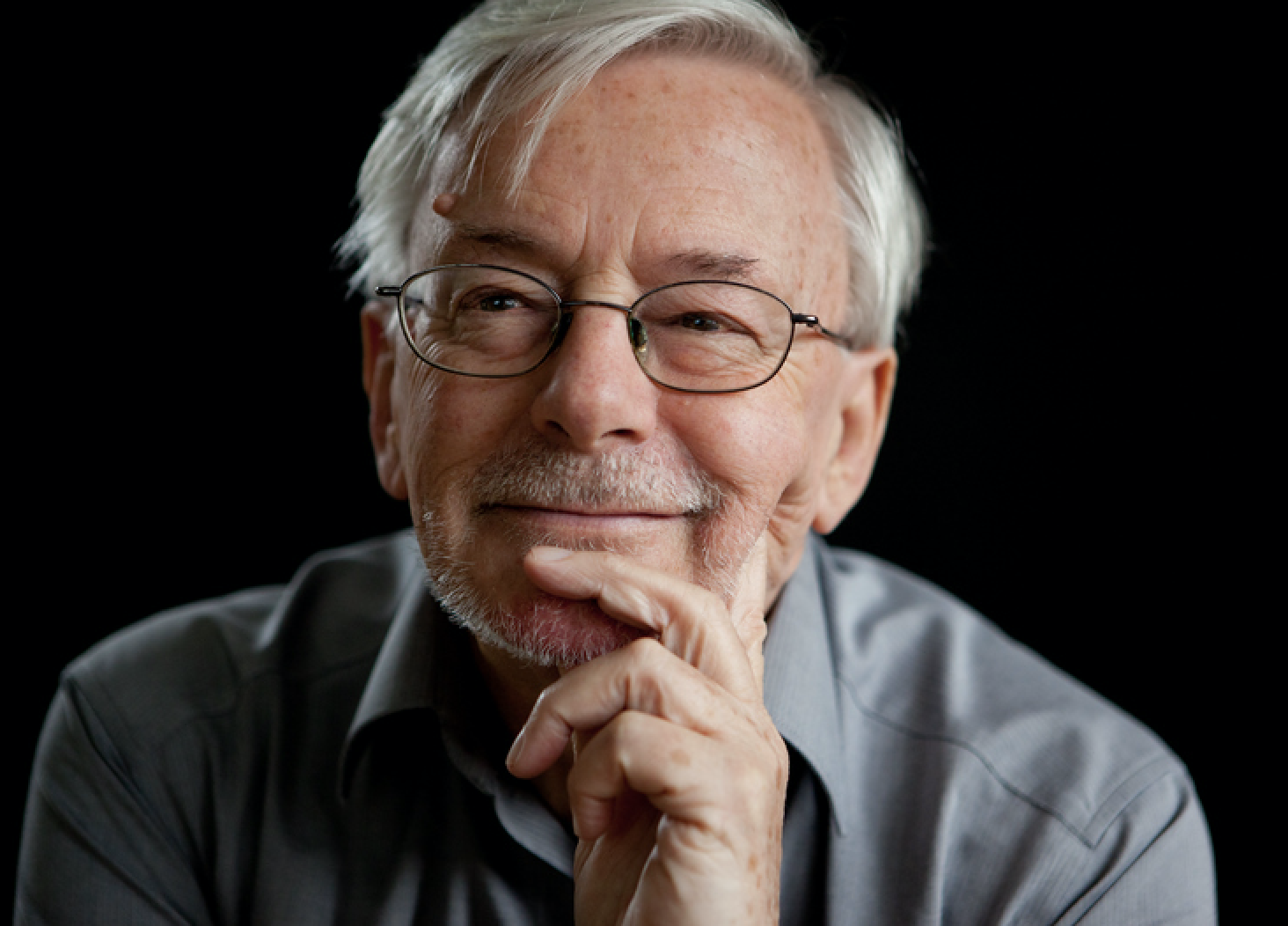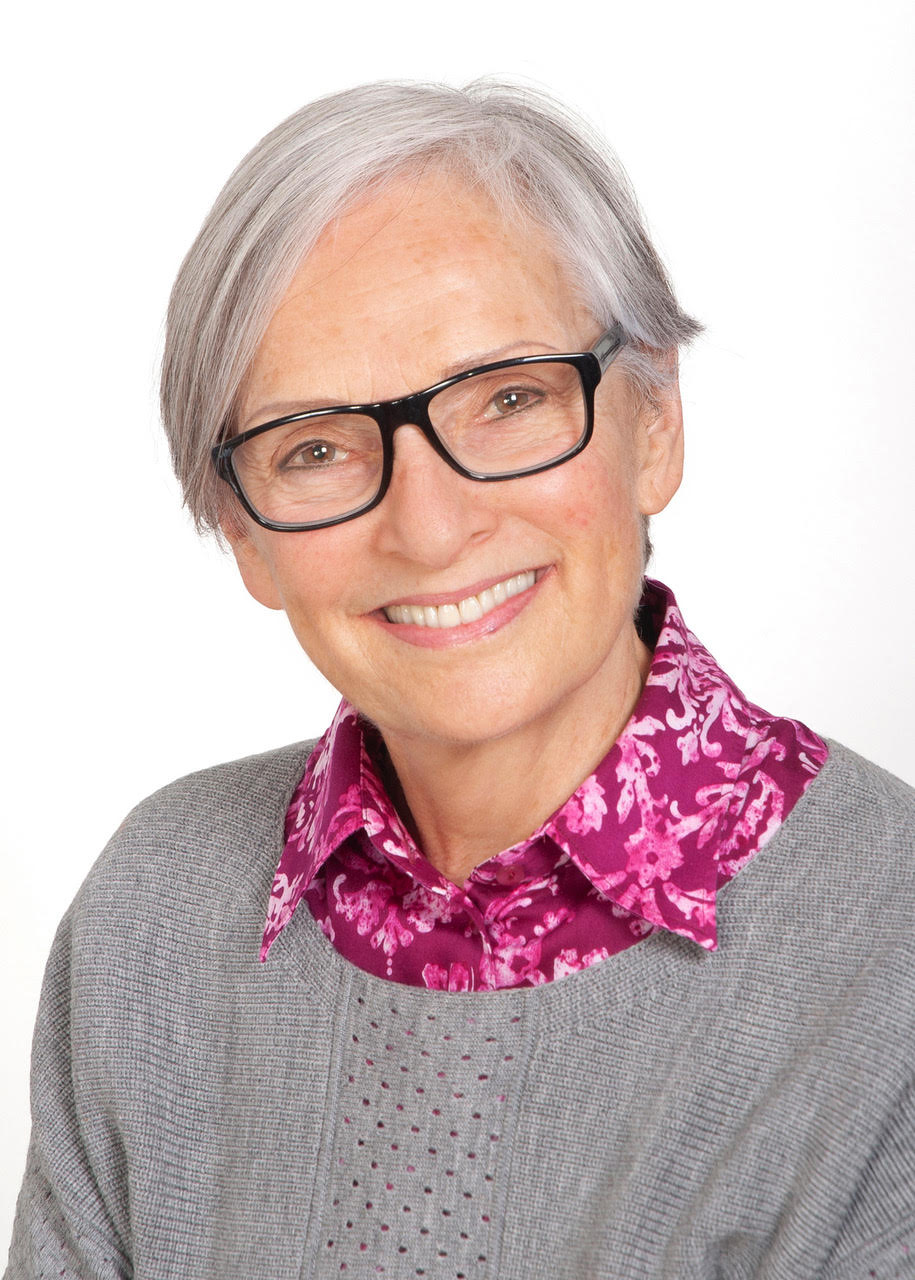
Prof Keith Ward – Absolute Mind and the Christian God
PROF KEITH WARD is an Idealist philosopher who thinks that the material universe is an expression or creation of a Supreme Mind. He sees religions as very ambiguous but probably necessary ways of giving humans some awareness of this Supreme Mind. He is a priest of the Church of England, has an interest in the many diverse ways in which humans have sought spiritual truth, and tries to understand what these various paths may have to teach. He thinks the main task for religious believers today is to ensure that their beliefs are conducive to human flourishing and, so far as is possible, to the flourishing of all sentient beings; to relate ancient religious beliefs to the modern scientific world view; and to see their own faith in a truly global context. He has been Professor of the History and Philosophy of Religion, at KCL, and Regius Prof. of Divinity at Oxford, and is a Fellow of the British Academy.
Speaker
-
 Keith WardPhilosopher
Keith WardPhilosopherProf Keith Ward, DD, FBA says: “I have been an academic virtually all my working life, teaching philosophy, theology, and religious studies at various times. So I am an academic, with all the shortcomings that implies. I am interested in intellectual problems, in arguments and theories, and I largely depend on other people for finding out facts.
I am, by nature and conviction, an Idealist philosopher, somebody who believes in the supremacy of Spirit or Mind, and who thinks that the material universe is an expression or creation of a Supreme Mind. I see religions as very ambiguous but probably necessary ways of giving humans some awareness of this Supreme Mind. I am a Christian, and became a priest of the Church of England in 1972. But I have an interest in the many diverse ways in which humans have sought spiritual truth, and in trying to understand what these various paths may have to teach. I think the main task for religious believers today is to ensure that their beliefs are conducive to human flourishing and, so far as is possible, to the flourishing of all sentient beings; to relate ancient religious beliefs to the modern scientific world view; and to see their own faith in a truly global context.
That gives an idea of who I am, and explains why my books fall into three main classes – philosophy, religion, and Christian theology. Virtually all my books have been, rather selfishly, ways of working out what I believe, but they have also responded to particular situations which have in my view shown misunderstandings of the sort of philosophy and religion I adhere to – and those misunderstandings are legion, and growing (which is why I have written so many books)!”

